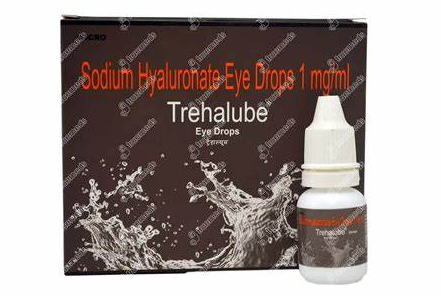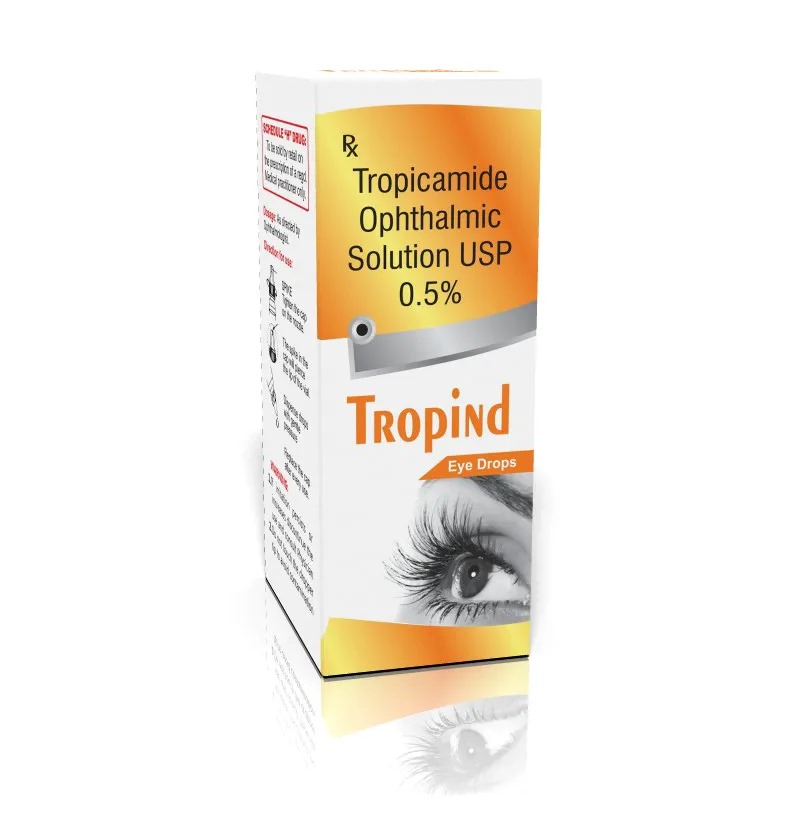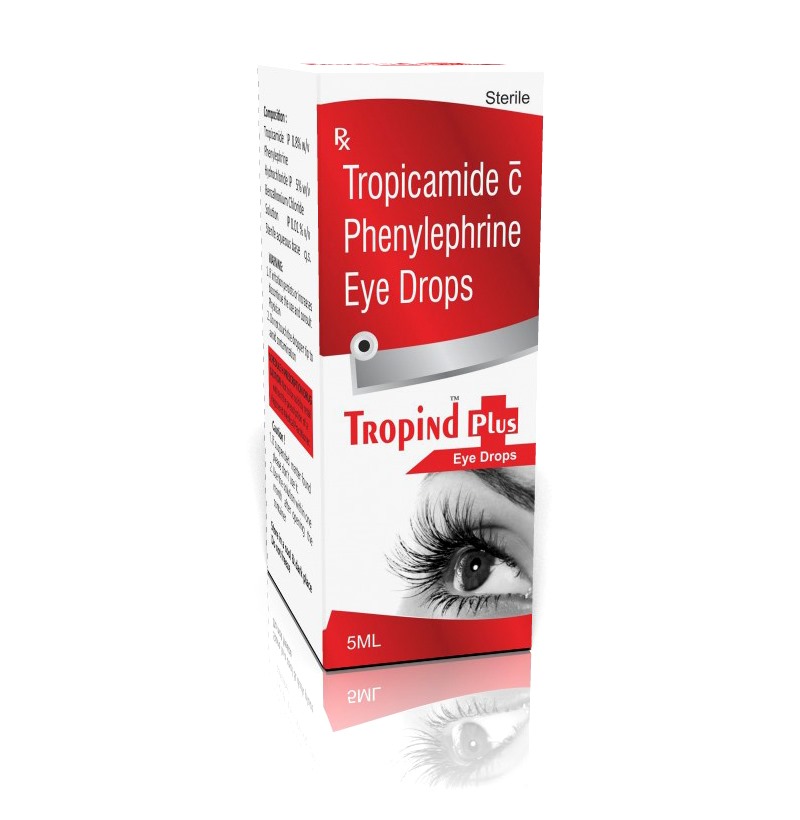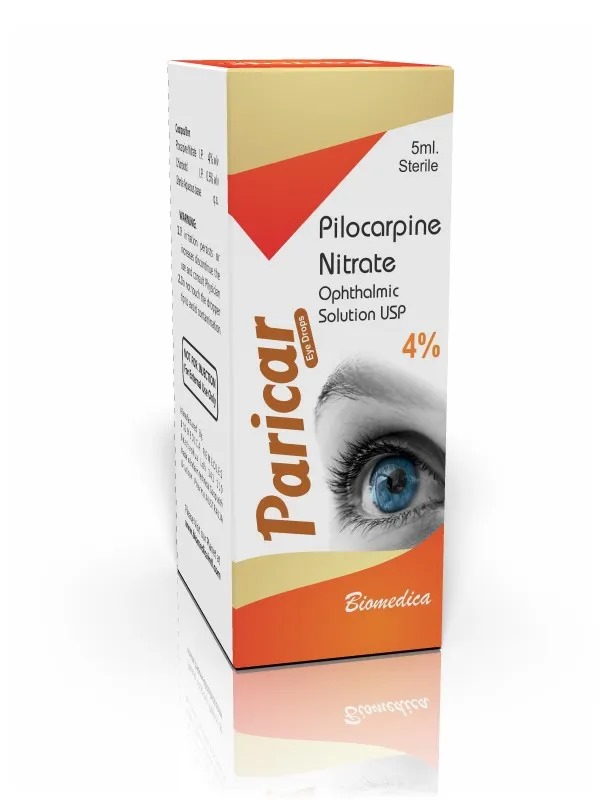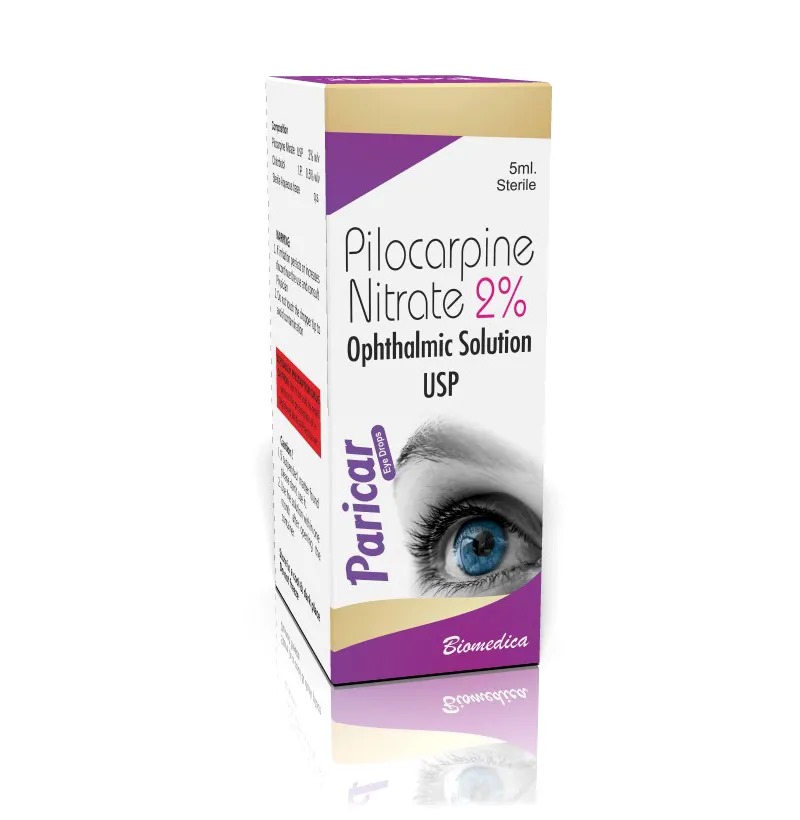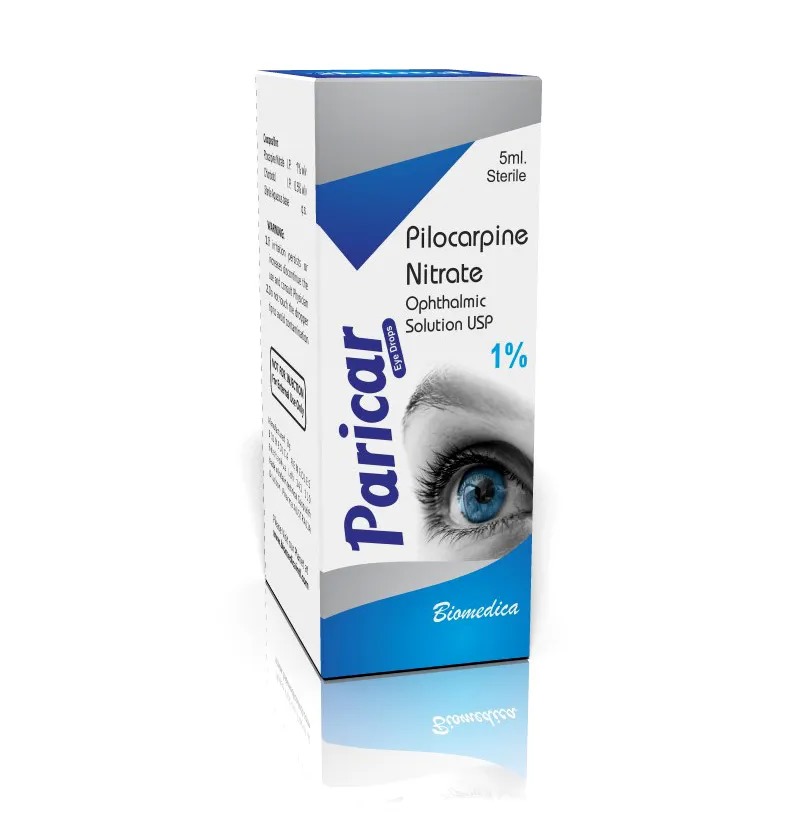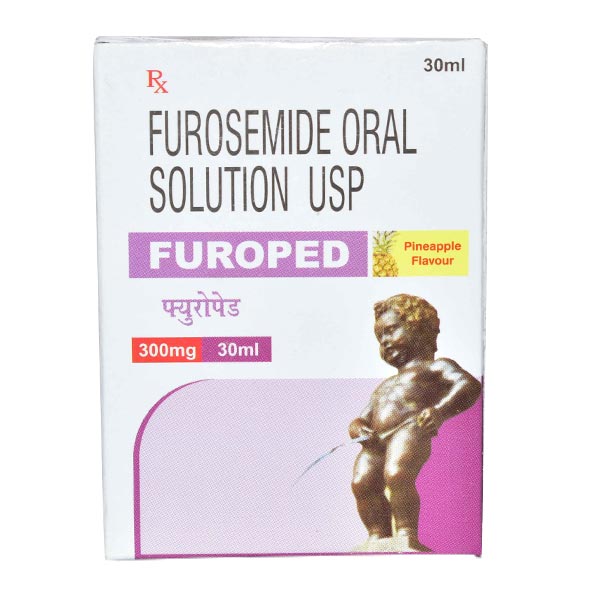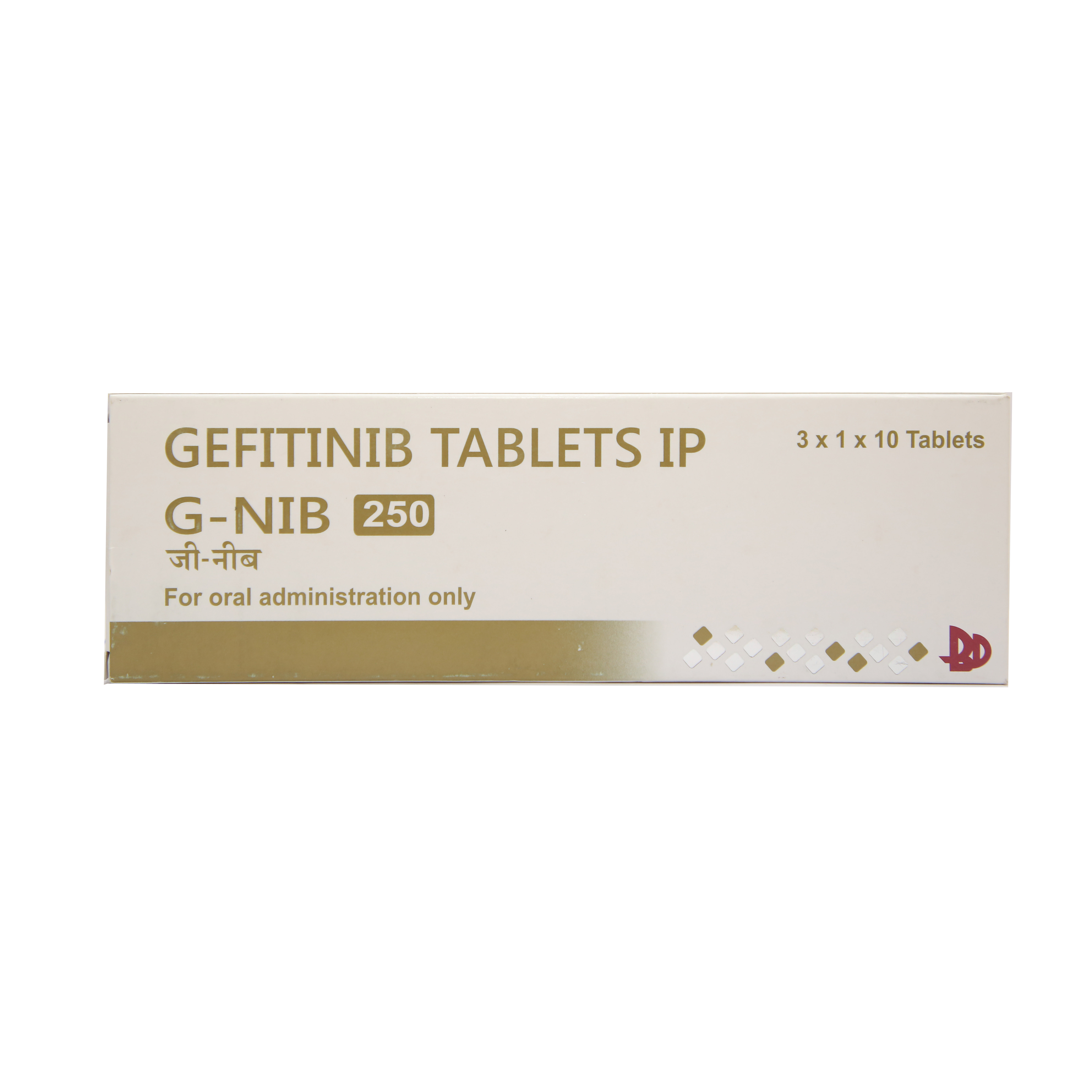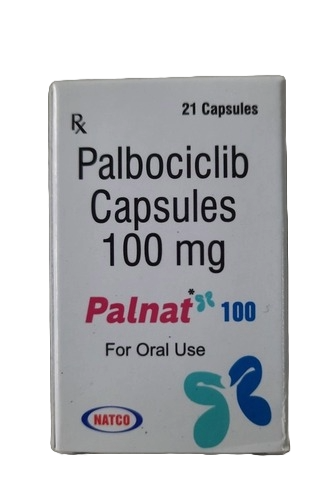Anti Cancer Medicine
Introduction to G-nib 250mg Tablet
G-NIB 250mg Tablet is an antineoplastic drug belonging to the tyrosine kinase inhibitors, containing the active ingredient Gefitinib. It is used to treat non-small cell lung cancer. Non-small cell lung cancer is a disorder in which cells multiply in an uncontrolled and abnormal manner in the tissues of the lung. It is used in patients where the NSCLC cancer has spread to other parts of the body, who have certain types of abnormal epidermal growth factor (EGFR) genes, and patients who have not received any cancer treatment.
Some formulations of this drug may contain lactose as an inactive ingredient in which the body is unable to digest lactose, a sugar found in milk and dairy products. It can cause symptoms such as bloating, and abdominal pain. If you have lactose intolerance, inform your doctor before starting this therapy. Talk with your healthcare provider if you have kidney or liver disease, vision problems, lung problems, or taking any blood thinner like warfarin. Your healthcare provider will check regular blood tests to prevent complications. Avoid consuming alcohol as it may cause dizziness.
Consult your doctor before using this medication if you are pregnant or plan to have a baby. These tablets are unsafe to use during pregnancy as it causes harm to an unborn fetus. Your healthcare practitioner will conduct a pregnancy test before you start treatment with this tablet. Discuss with your doctor effective birth control methods and utilize them for at least two weeks following the last dose. Avoid breastfeeding your baby while on the treatment as it is unknown if this drug passes into the breast milk.
Uses of G-nib 250mg Tablet
G-NIB 250mg Tablet is used to treat
Non-small cell lung cancer.
Therapeutic Effects of G-nib 250mg Tablet
It is an anilinoquinazoline derivative that interacts with a kinase inhibitor that inhibits an abnormal protein called the epidermal growth factor receptor (EGFR). This helps to slow or stop the growth of cancer cells and reduce the size of tumors in patients with NSCLC.
Interaction of G-nib 250mg Tablet with other drugs
Inform your healthcare provider about all the medicines you take, including prescription medications, over-the-counter medications, nutritional or vitamin supplements, and herbal products. Certain medications may interact with G-NIB 250mg Tablet and reduce effectiveness by causing undesirable side effects.
More Information about G-nib 250mg Tablet
Store G-NIB 250mg Tablet in the original package at room temperature (25°C).
Keep it out of reach from children.
If you have missed any dosing appointments, inform your doctor and schedule immediately.
How to consume G-nib 250mg Tablet
The medicine will be prescribed to you by a healthcare professional in a hospital setting. This drug is available as a tablet to be taken with or without food, as directed by your healthcare provider. The usual recommended dosage is 250 mg tablet once daily. Avoid crushing, opening, or dissolving the tablet; swallow it whole with a glass of water. Take the G-NIB 250mg tablet at the same time every day.
Safety Advices for G-nib 250mg Tablet
Image Not Available Pregnancy
It is unsafe to use during pregnancy whether G-NIB 250mg Tablet can be taken during pregnancy. Consult your doctor if you are pregnant or planning for pregnancy during the treatment.
Image Not Available Breast Feeding
It is unsafe to breastfeed during the treatment with this G-NIB 250mg Tablet because it may cause harm to the baby. Please consult your doctor before breastfeeding.
Image Not Available Lungs
It is unknown whether G-NIB 250mg Tablet can be used for patients with lung problems. Consult your doctor if you have any lung diseases before starting the treatment.
Image Not Available Liver
It is unknown whether G-NIB 250mg Tablet can be used for patients with liver disorders. Inform your physician if you have any liver problems before starting treatment.
Image Not Available Alcohol
It is unknown whether consuming alcohol interacts with the G-NIB 250mg Tablet. Please consult your doctor for more advice.
Image Not Available Driving
It is unsafe to drive vehicles or operate heavy machinery after taking the G-NIB 250mg Tablet because it contains a small amount of alcohol which may cause dizziness and impair your concentration.
Side Effects of G-nib 250mg Tablet
Side effects are unwanted symptoms caused by medicines. Even though all drugs cause side effects, not everyone gets them.
Common
diarrhea
nausea
vomiting
loss of appetite
weakness
red or sore mouth
increased liver enzymes
itchy or cracked skin
dry mouth
red or itchy eyes
nail problems
hair loss
fever
blood in the urine and burning sensation while urinating
Send Message
